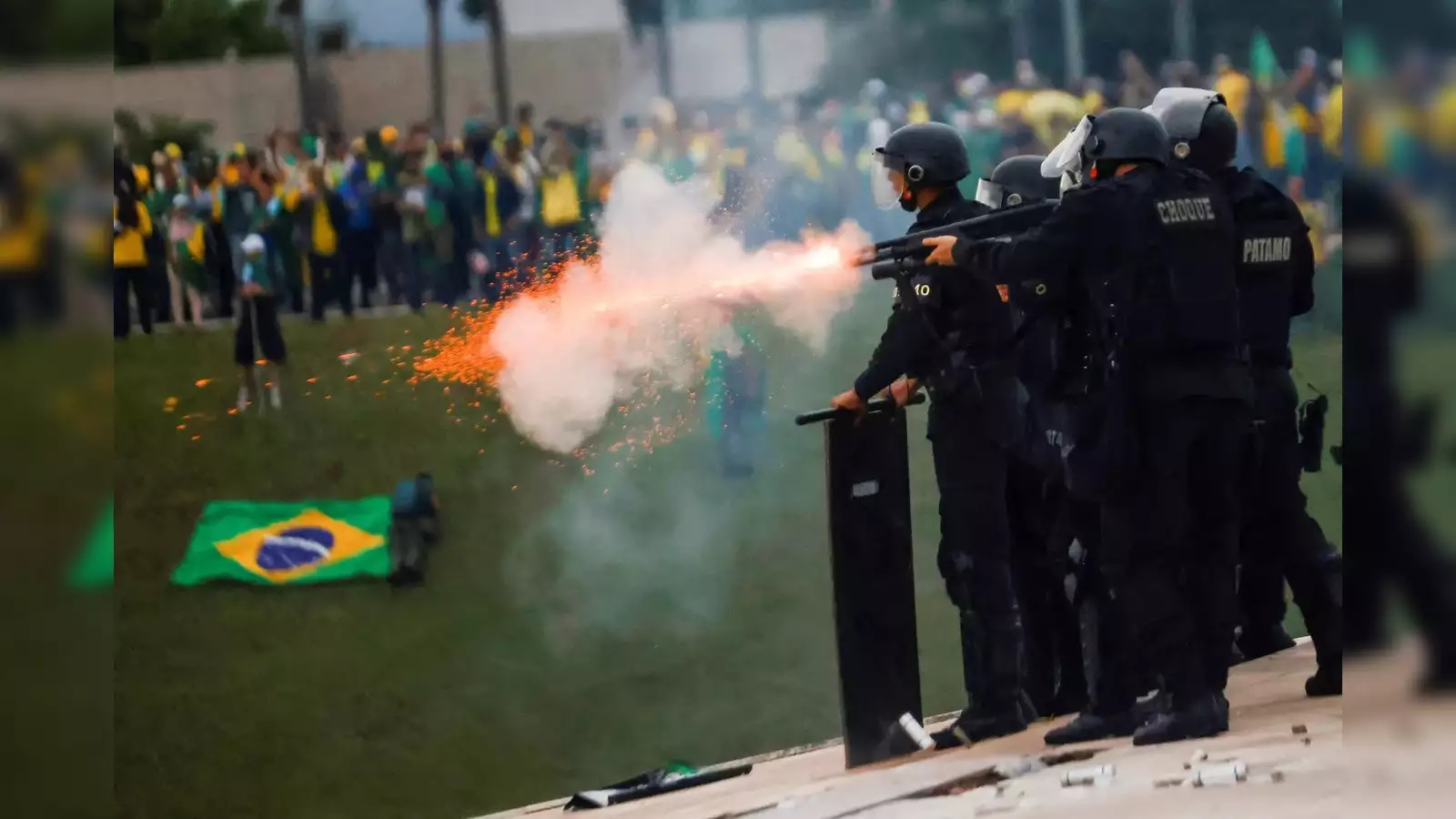South Korean police investigate allegations of proposed martial law under former President Moon Jae-in, sparking debates over abuse of power and threats to democracy.

Police Storm Presidential Office
In a dramatic turn of events, South Korean police raided the presidential office in Seoul as part of an investigation into alleged plans for martial law under the administration of former President Moon Jae-in. The raid, conducted with warrants and heavy security, has reignited concerns over the misuse of executive powers and its implications for democratic values in the country.
The probe focuses on a controversial document reportedly drafted by the Defense Security Command (DSC) during Moon’s presidency. The document allegedly outlined a plan to deploy troops and suppress public protests if the Constitutional Court ruled against the impeachment of former President Park Geun-hye in 2017. Critics argue that such actions would have constituted a direct threat to South Korea’s democracy, with some calling it a “shadow coup.”
Supporters of Moon’s administration claim the document was merely hypothetical and never intended for execution. However, opposition leaders have demanded transparency and accountability, urging the authorities to leave no stone unturned in their investigation.
The police raid has fueled political tensions, with the ruling party accusing the opposition of using the issue to divert attention from their own scandals. Analysts say the incident underscores a deeper struggle within South Korea's political landscape, where allegations of corruption and power misuse continue to dominate headlines.
As the investigation unfolds, the nation watches closely, grappling with questions about its democratic resilience and the extent to which past administrations have overstepped constitutional boundaries. The raid marks a significant moment in the ongoing debate about transparency, justice, and the balance of power in South Korea.